Teachers versus AI: AI isn’t quite ready to be integrated into the learning environment
Credit: Axel Herrera-Villalobos
June 3, 2023
Do you ever wish you could have a robot go to school for you so you can stay home and relax?
As the advancements of Artificial Intelligence (AI) continues, the use of AI in educational settings is becoming more and more prominent. However, as with any new technology, there are concerns about safety and the impact AI might have on students and teachers: the use of artificial intelligence can have some benefits, yet also many drawbacks.
In education, AI can be used in many ways. According to the article Artificial intelligence in education: Addressing ethical challenges in K-12 settings, AI can create algorithms that adjust to best fit a students learning habits, produce assessments that can determine how a student is doing and then report back to their teacher. AI can even use advanced facial recognition technology to examine how a student feels about a specific topic.
“I think that the whole AI thing is pretty cool, but it can also be scary and dangerous at the same time,” said sophomore Emma Gray.
AI clearly has the capability to be a great help in the classroom and could potentially be a great solution to academic constraints, but it is not as great as it seems.
“It [AI] hasn’t been presented to anyone in my field as a learning tool that I have enough faith in,” said English teacher Anne Lewis.
According to one AI chatbot website, artificial intelligence can be unreliable and biased, and this can be a big problem in a learning environment. Students could be receiving false information and this could cause problems. They wouldn’t be learning the correct material.
Also, AI could possibly provide one-sided information. If an AI pulls its information from the web, the information from the sites they use may be modified to better fit the author’s viewpoints, causing the AI to then provide those biased viewpoints.
“The thing about AI is that if you ask it about a specific question it will just take common answers off the internet so a lot of the time it isn’t true,” Gray said.
According to “British Godfather of AI”, AI is expected to be smarter than the combined intelligence of every person on earth
As of now, AI is not incredibly smart. AI still has a lot of learning to do and could be harmful to education if implemented too soon, especially if it gives untrue or incorrect information.
“I experimented with it [AI] and gave it some writing prompts and the crap that it produced was so horrible that at first I was kind of buoyed up,” Lewis said.
Lewis also discussed how although AI is not intelligent right now, it is exponentially learning and gaining more “intelligence” by the second.
“Their [AI] brains are never off. It doesn’t sleep, it doesn’t need to eat, it doesn’t go to the bathroom, it doesn’t have a track meet, it’s learning as we speak,” Lewis said.
Furthermore, AI does not provide the same thing a teacher can provide. AI does not possess the emotional and communication skills that humans do. According to ChatGPT proves that AI still has a racism problem, they can be offensive and rude.
“AI lacks common sense, reasoning, and the ability to understand context and social cues that come naturally to humans,” said ChatGPT, an AI chatbot created by OpenAI, an American artificial intelligence research laboratory.
For instance, if a student were to be in emotional distress, an AI would struggle to pick up on these cues and might worsen the situation. Even if the AI manages to form a helpful and supportive response, it wouldn’t feel real. It would feel robotic and emotionless, and that’s because it is.
“AI can be a powerful tool to enhance the learning environment,” said ChatGPT, “but its impact ultimately depends on how it’s designed, implemented, and used by educators and learners.”

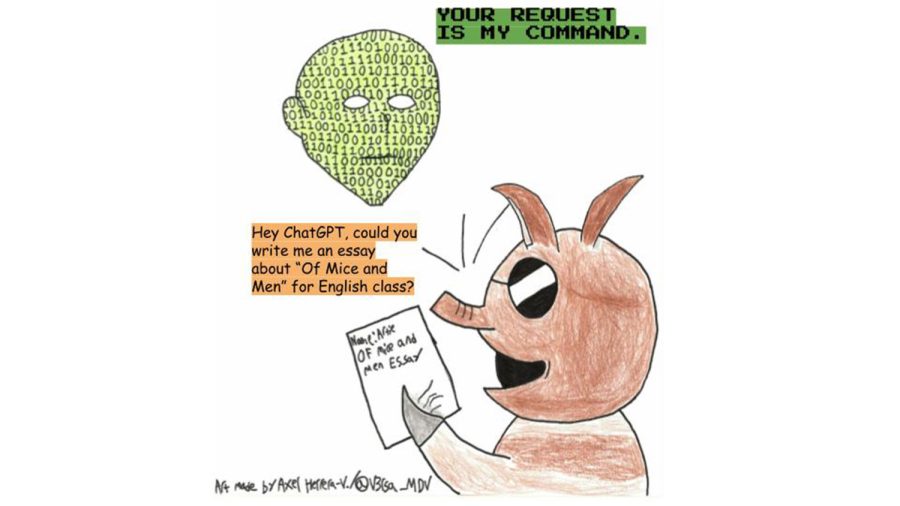
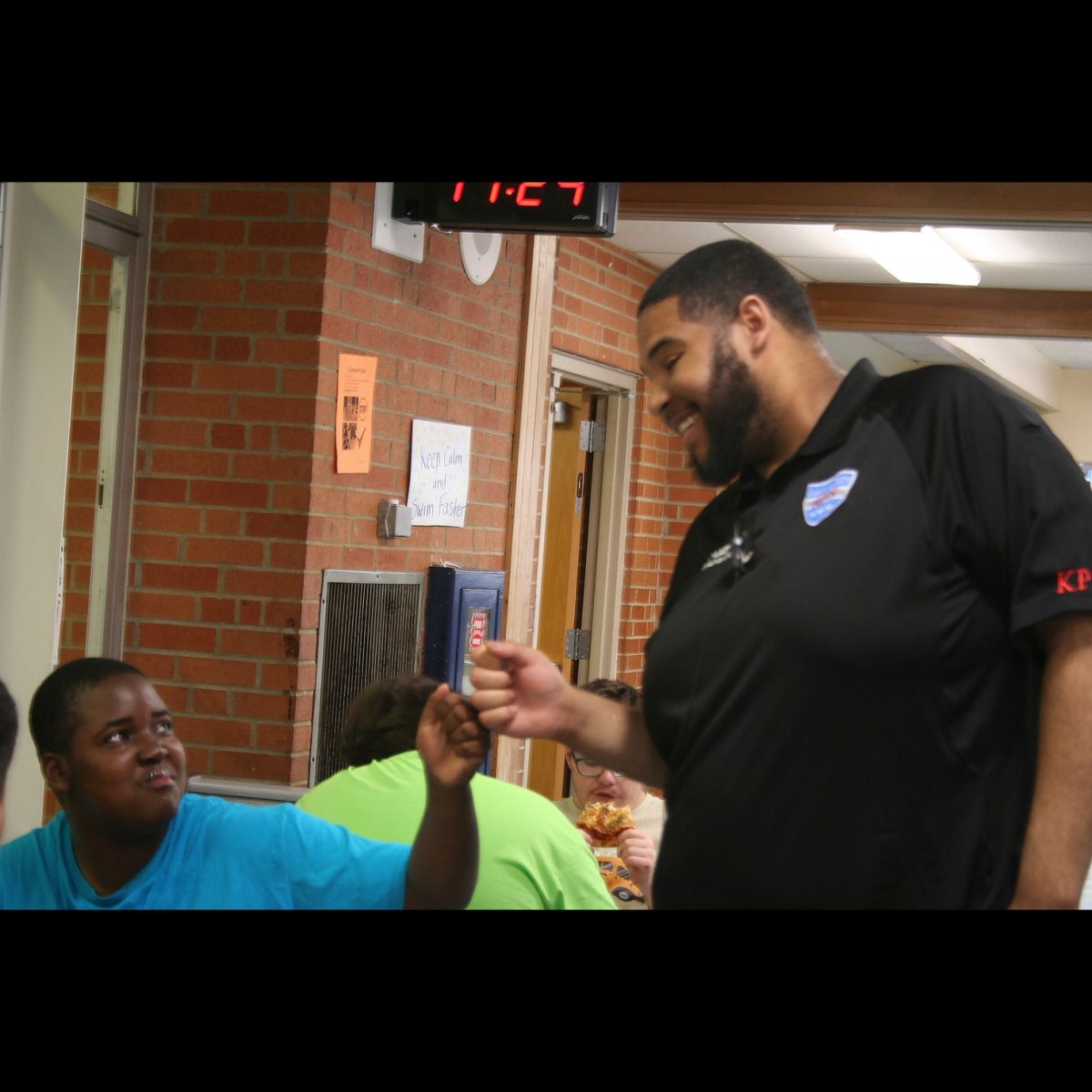
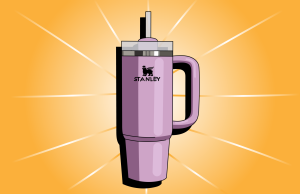




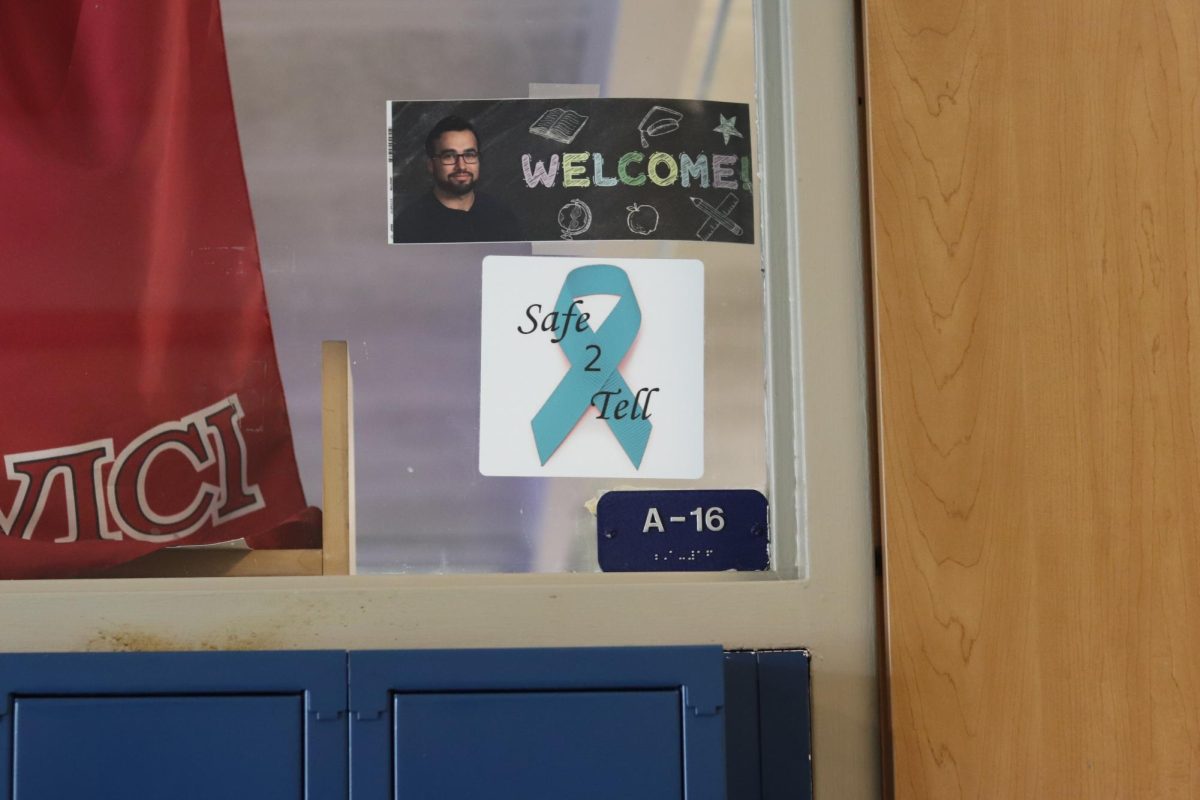
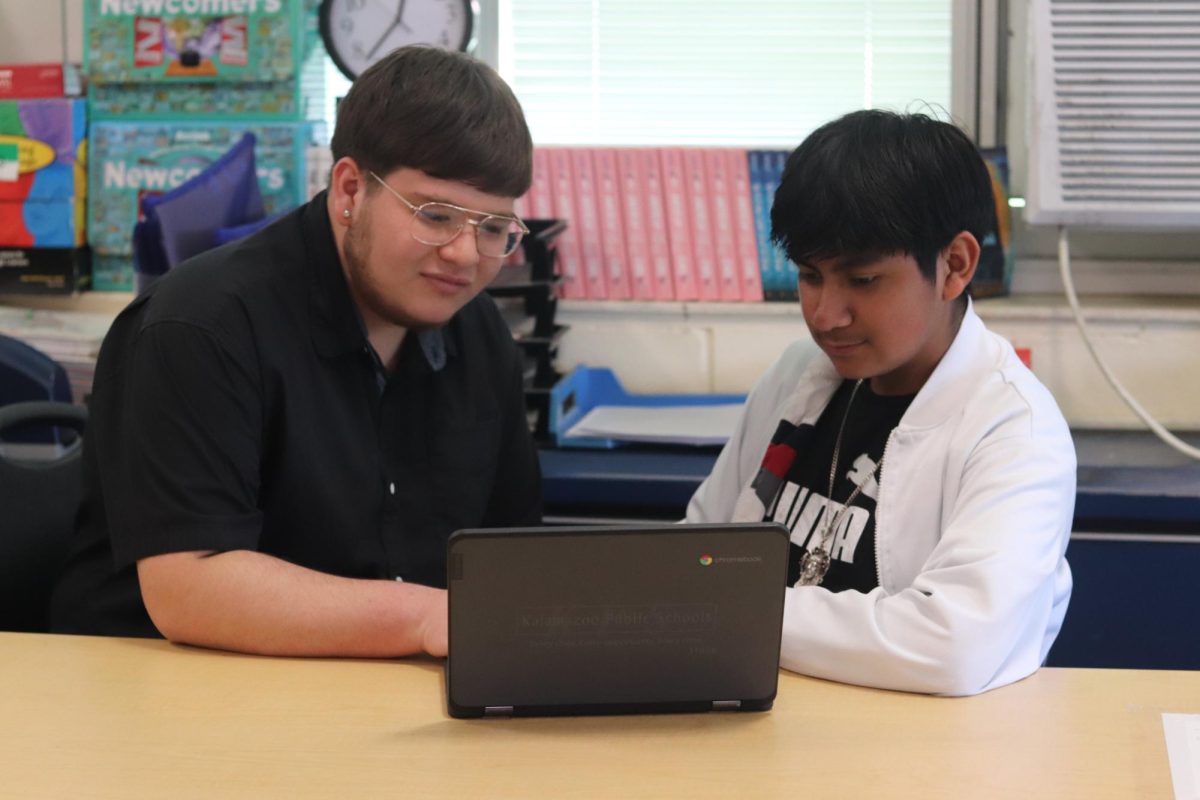
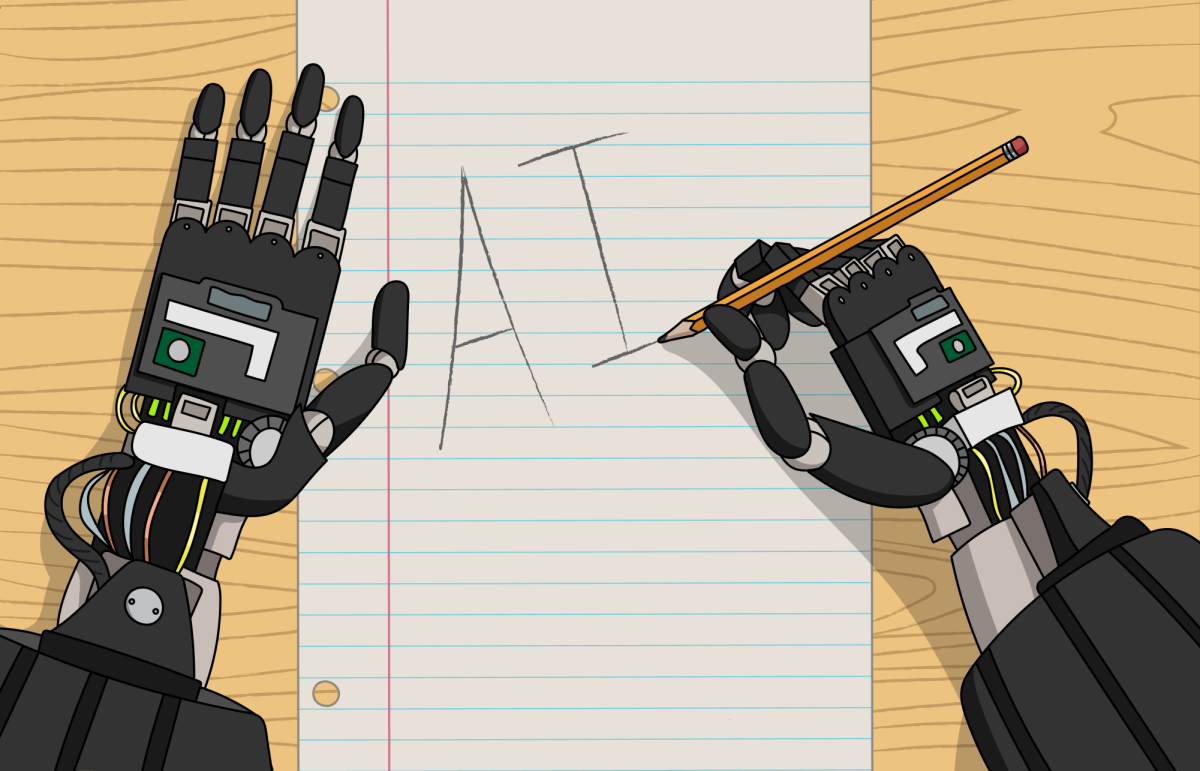
President Barack Obama • Jun 7, 2023 at 9:28 am
WOW, THIS IS GREAT!
Axel H.V • Jun 4, 2023 at 10:21 am
Wow, Erik. You’ve got a lot of credible sources to back this information up. I think we did good.